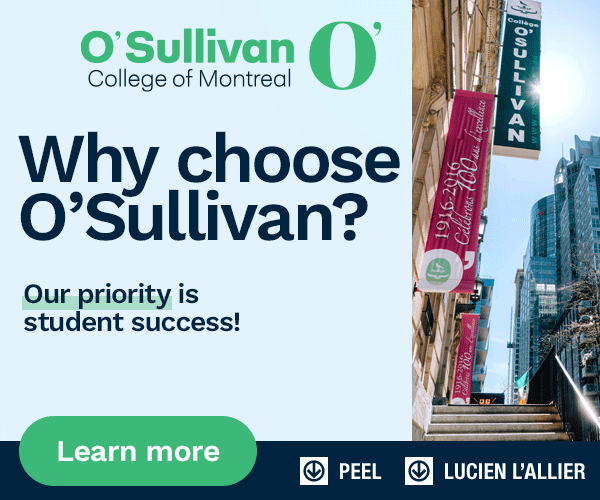The Co-operative Education and Work-Integrated Learning Canada (CEWIL Canada) grant of $115,580.02 will enhance experiential learning opportunities in science by providing funds to York students and programs.
About 80 per cent of the grant went directly to domestic students, each receiving a bursary of $1,416.67. (Only domestic students qualify for CEWIL funding; however, York International matched the grant for international students.)
In the summer of 2024, Tiffany Pollock, formerly in the Division of Students, now serving as associate director, quality program and development, in the Office of the Vice-Provost, along with Tammy Kim-Newman, associate director of employer and alumni engagement, Career Centre, worked closely with the Faculty of Science, the science co-op team and Markham Campus to win the CEWIL Canada iHub grant in the innovation stream. This grant supports community and industry research and projects through expanding access and career pathways via science-based WIL.
The grant activity was integrated into two science experiential education courses: COOP 2000 Introductory Professional Communications, a prerequisite for most science co-op students; and BIOT5020 Science Communication and Writing, a mandatory course before students complete a required internship.
These two courses incorporate WIL by connecting students with 11 industry partners and having teams of students solve problems in the bioeconomy industry, ranging from workplace conflicts to technical project questions. The initiative exposed students to a wide range of careers and industry challenges they may encounter in the workforce.
This WIL initiative increased employer engagement and career networking for 95 students in the fall term. The instructors of COOP 2000, Kathryn Franklin, course director, and BIOT 5020, Luz Adriana Puentes Jacome, assistant professor, incorporated career discovery and mentorship activities such as a panel discussion, industry networking, a virtual lunch-and-learn career series and industry events such as The Medtech Conference hosted in Toronto last fall.
"To get them to be able to pursue the best career opportunities possible, they have to first understand where could they work? What are the pathways available to them?" Kim-Newman says.
The grant also paid for industry training through Canadian Alliance for Skills & Training in Life Sciences (CASTL) which gave students access to globally recognized bioprocessing training and a virtual biomanufacturing facility tour.
After completing COOP 2000 and BIOT 5020, students have access to the science WIL job board, where students apply on their own and compete with students from other universities.
Co-op placements can range between eight and 20 months. Some use the time as an opportunity to sample different companies; others apply to the same company repeatedly and could end up with a full-time job upon graduation, Kim-Newman says.
Students do not receive credits for co-op terms but are paid for their work and gain work experience. The program, which has doubled in enrolment since before the pandemic, now offers co-op opportunities to students in 13 science degree programs, says Mike Scheid, associate dean of students in the Faculty of Science and an associate professor in the Department of Biology.
The co-op program is now a major draw to York's Faculty of Science and its goal is to continue building co-op partnerships and develop additional WIL opportunities.
Kim-Newman agrees that focusing on growing co-op is key to students' future success.
"Students' main objective is to get a good job after they finish their studies," she says. "We have a responsibility to help provide some open doors. It's up to the students if they go through those doors and continue down the hallway.
"But," she continues, "we have an obligation to provide students with some tools and access to career connections and opportunities. And this is what that grant allowed."
This story was originally featured in YFile, York University's community newsletter.












